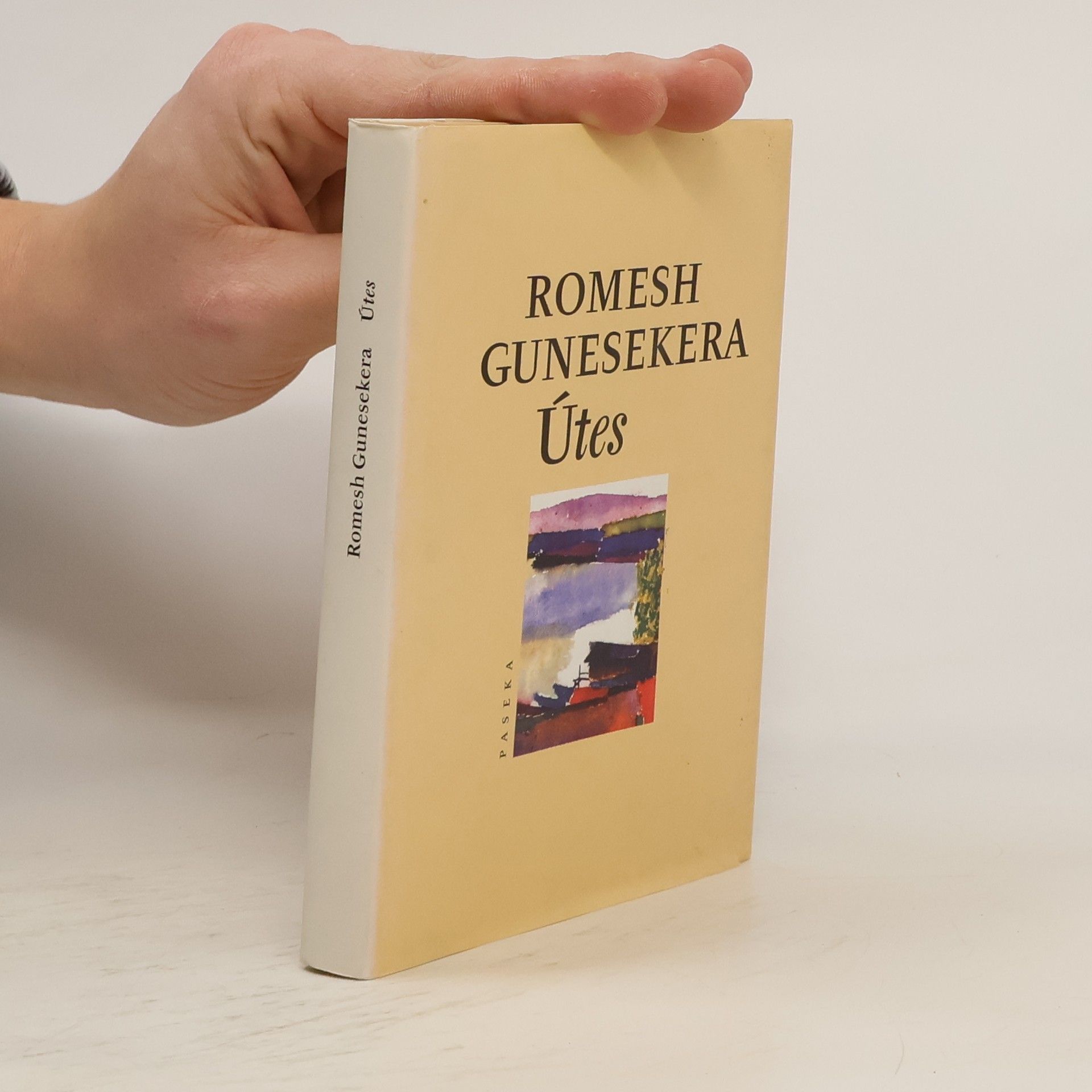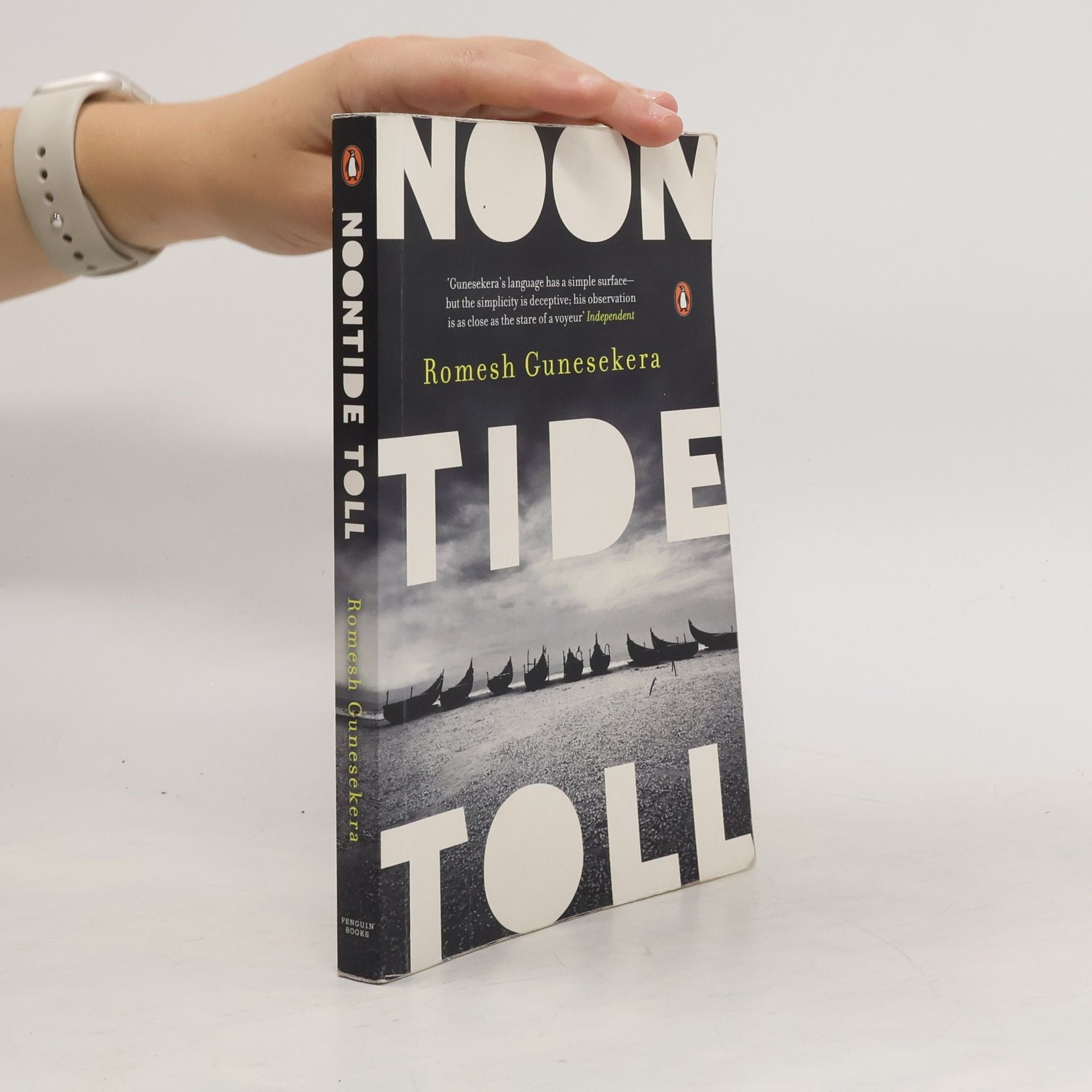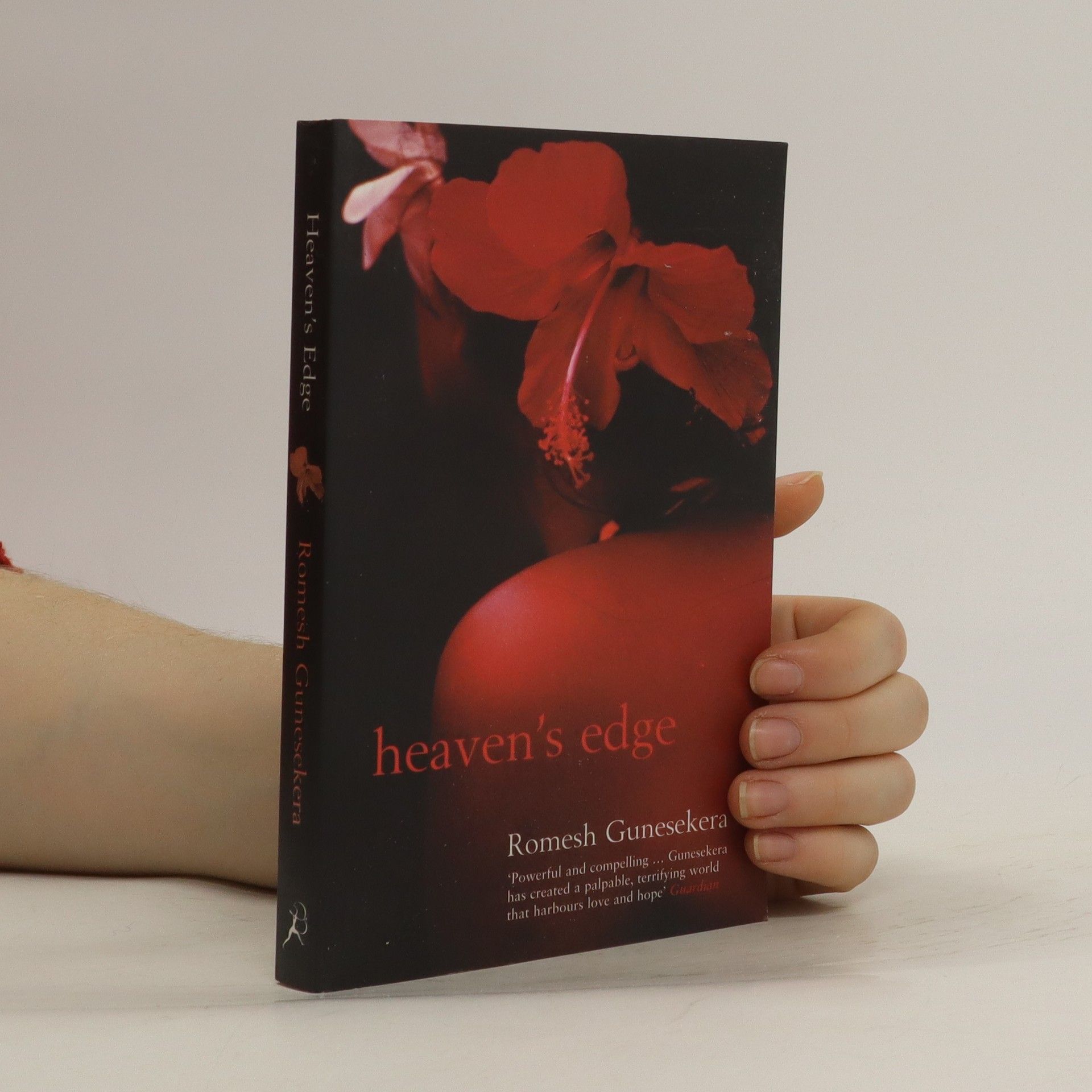Heaven's Edge
- 256bladzijden
- 9 uur lezen
Marc, in search of a dream, leaves London and sets out for the island where his grandfather was born and where his father's plane was shot down in flames. It is an island once said to be near the edge of heaven, but now ravaged and despoiled by war. There by a glittering lake he sees the subversive Uva, an eco-warrior releasing emerald doves. Finding her launches him into a world of passion and difficult choices. But their affair is cut short when she disappears. Desperate to find her, Marc embarks on a final terrifying journey that will test all his beliefs as he confronts violence in a quest for love.







